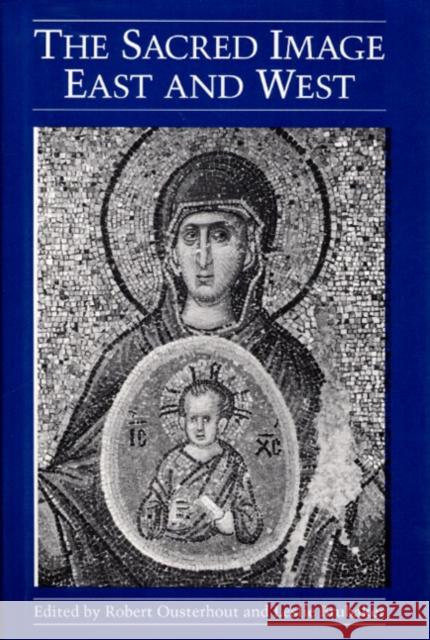The Sacred Image East and West » książka
The Sacred Image East and West
ISBN-13: 9780252020964 / Angielski / Twarda / 1994 / 328 str.
A new generation of American medieval art historians explores how sacred images were perceived during the Middle Ages in Byzantium and Europe. Focusing on the relationship between a particular type of medieval art - the sacred image - and its audience, the contributors consider the part played in this relationship by the image's context, whether on the page of a book or on the wall of a building. The book allows the reader to see the fluidity of the sacred image, showing how factors including audience, purpose, and setting affected the form it took. The essays cover a full range of images, including panel paintings, altarpieces, manuscripts, and wall paintings, and a rich variety of socioreligious settings, private, monastic, and imperial. Also examined are the differences between images produced for a single viewer and those produced for communities; images produced for private contemplation or devotion and those that functioned within a liturgical setting; and the varying ways in which sacred images affected women and men, religious and secular communities, rulers and the ruled.











